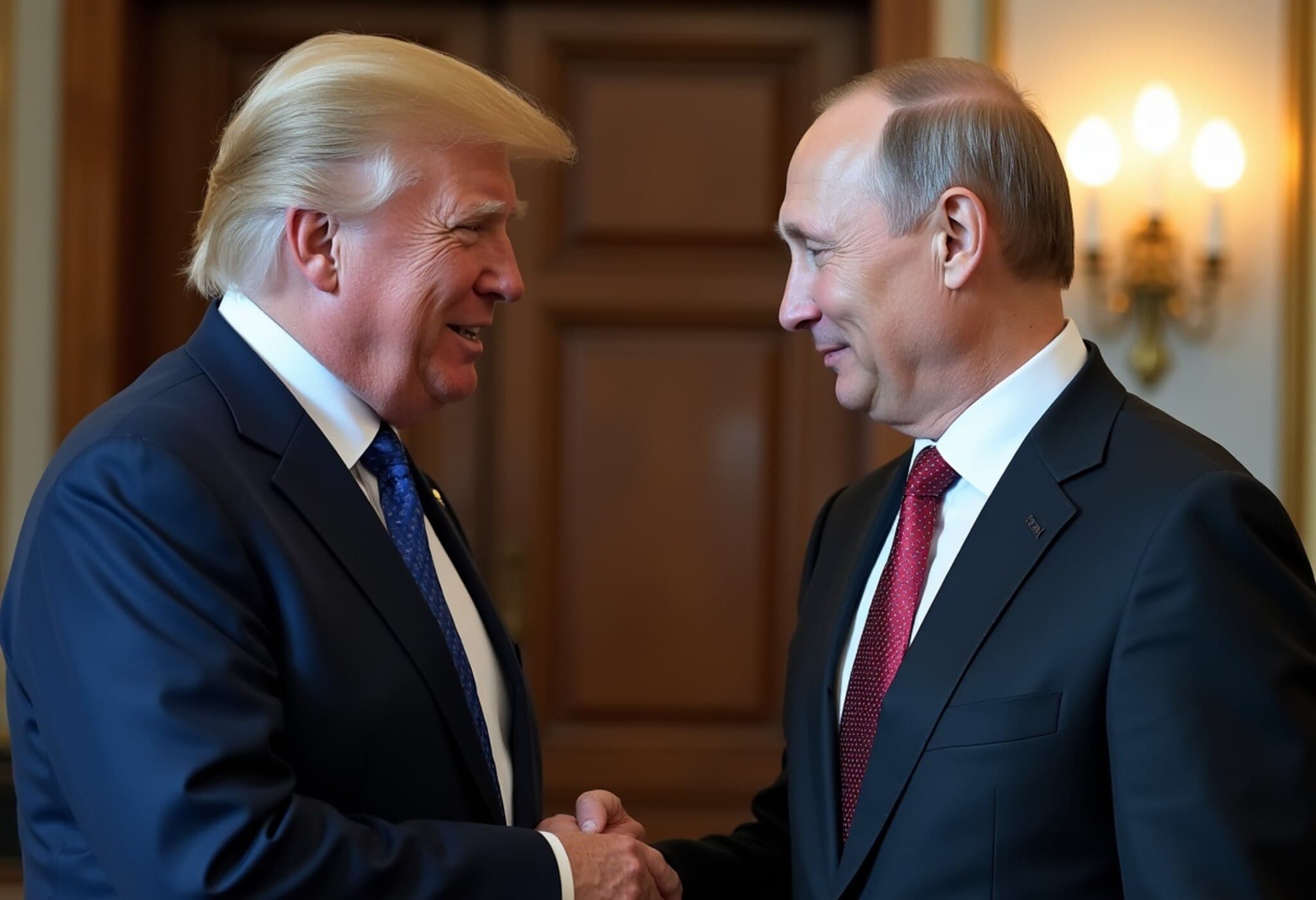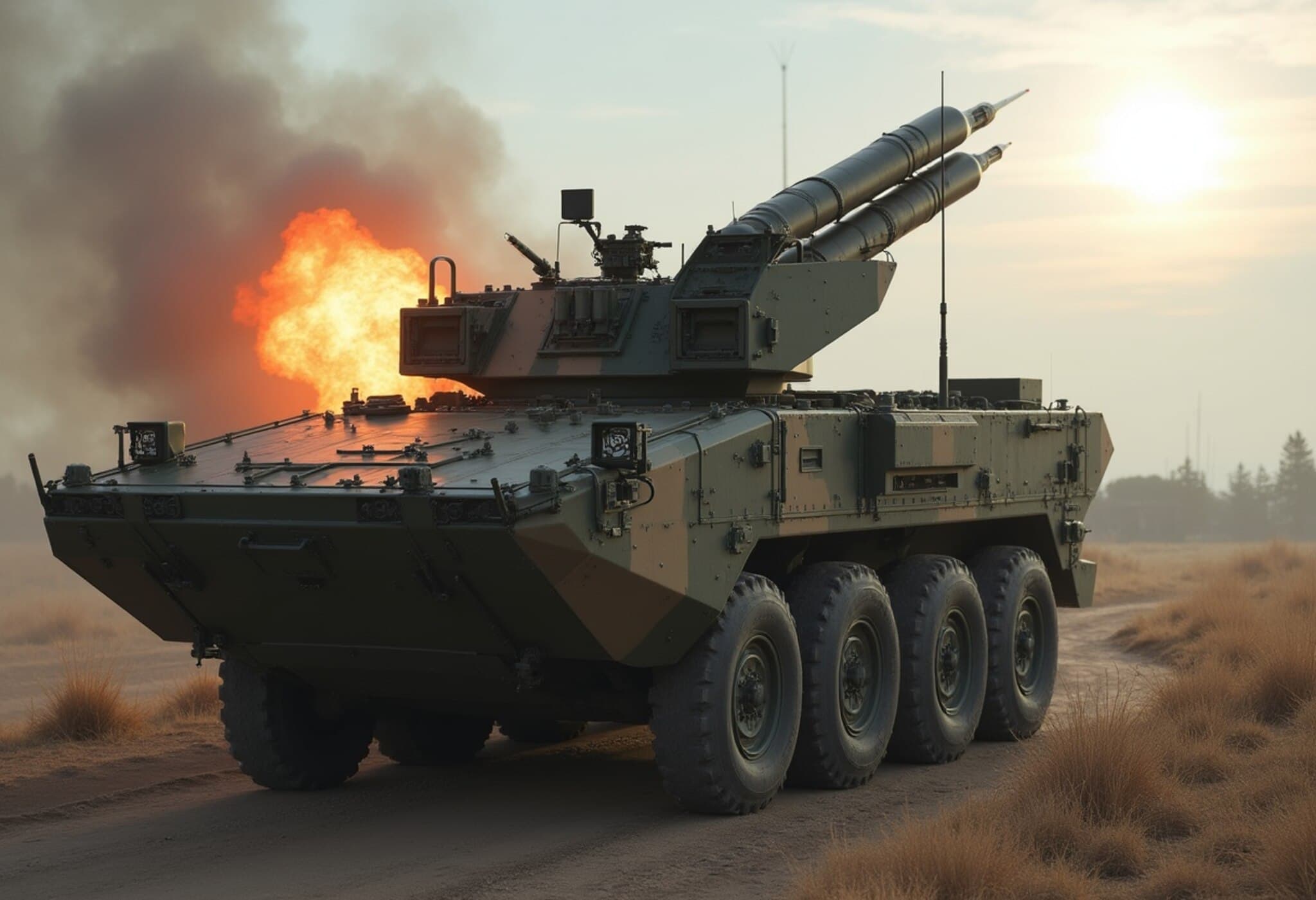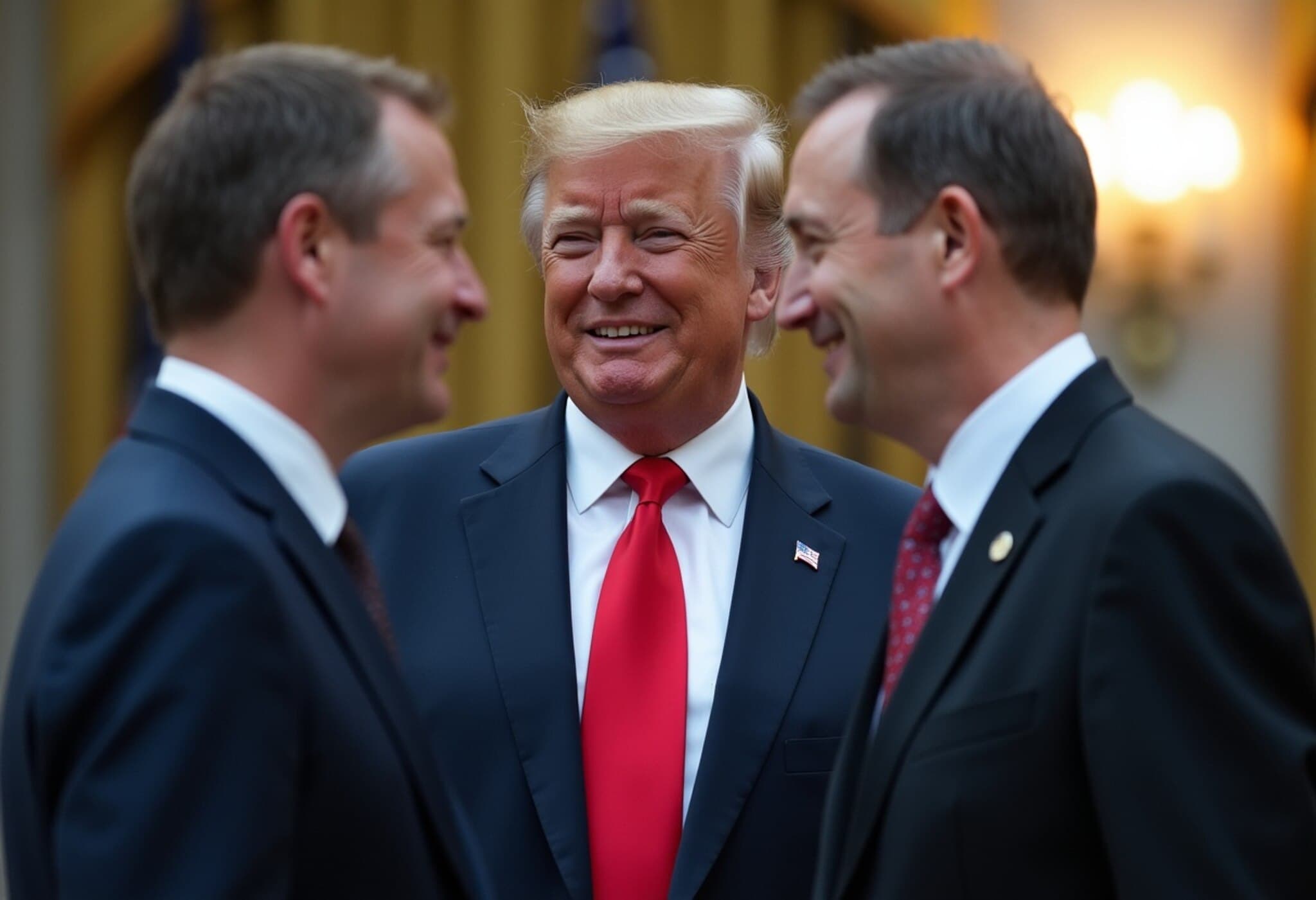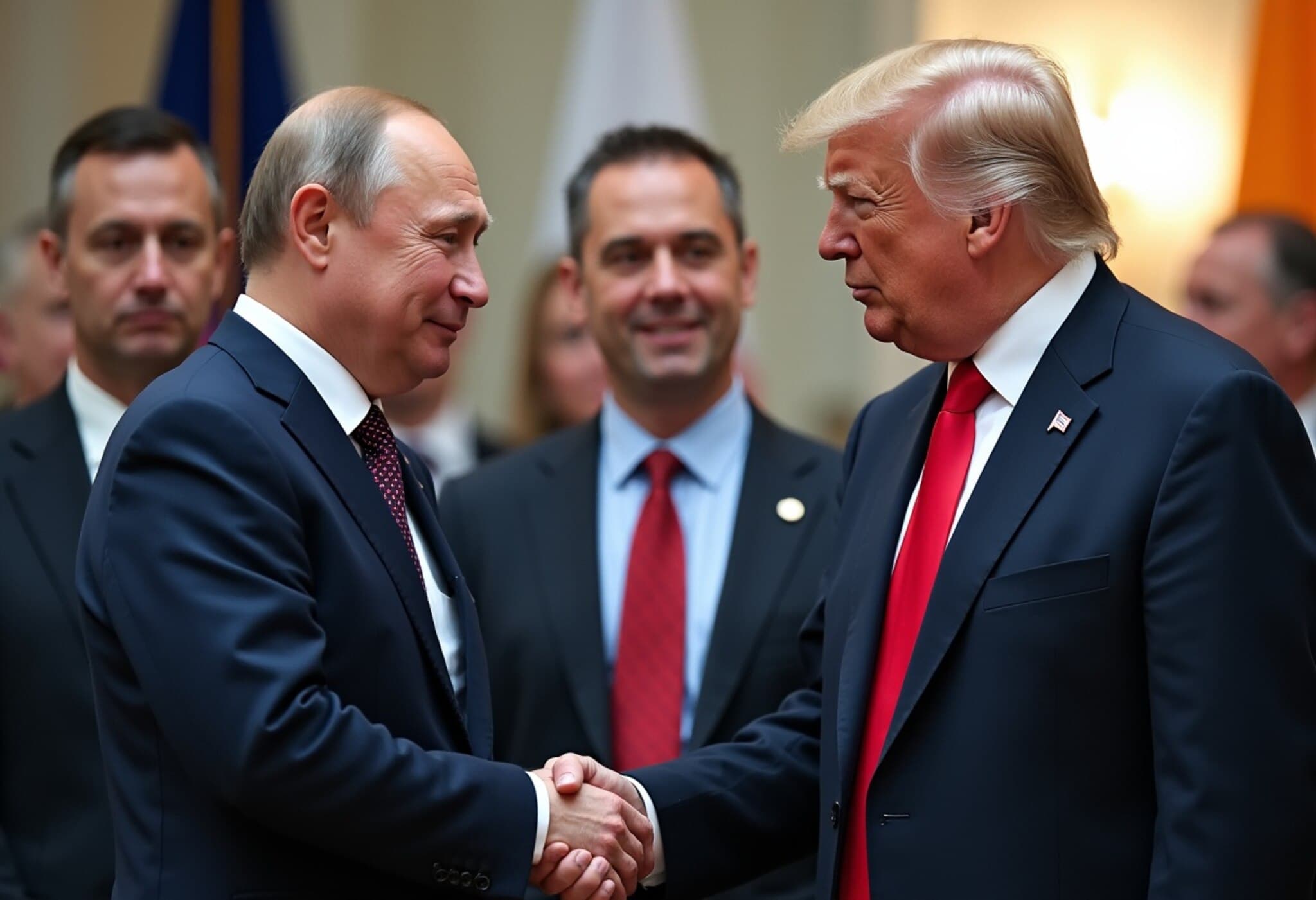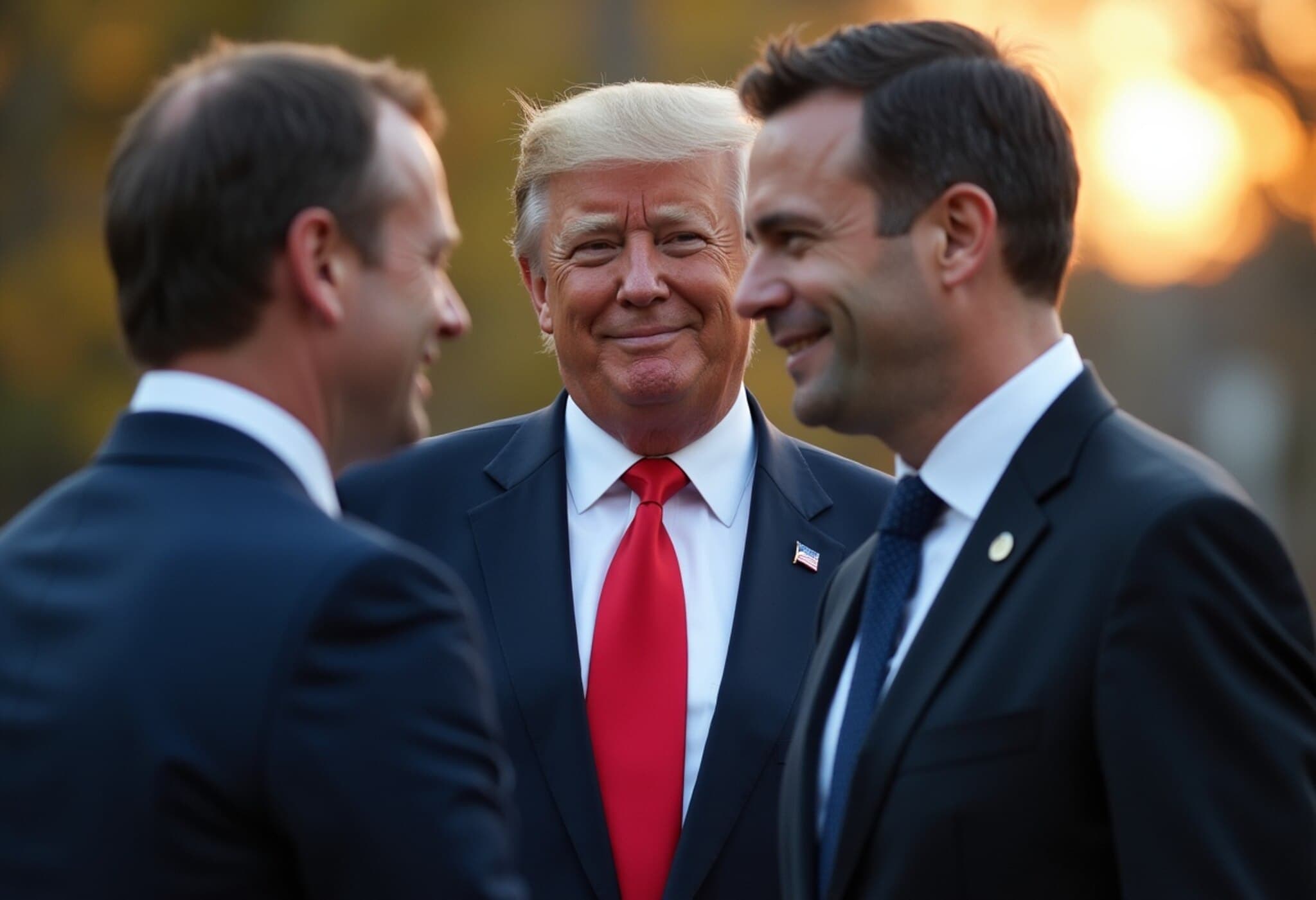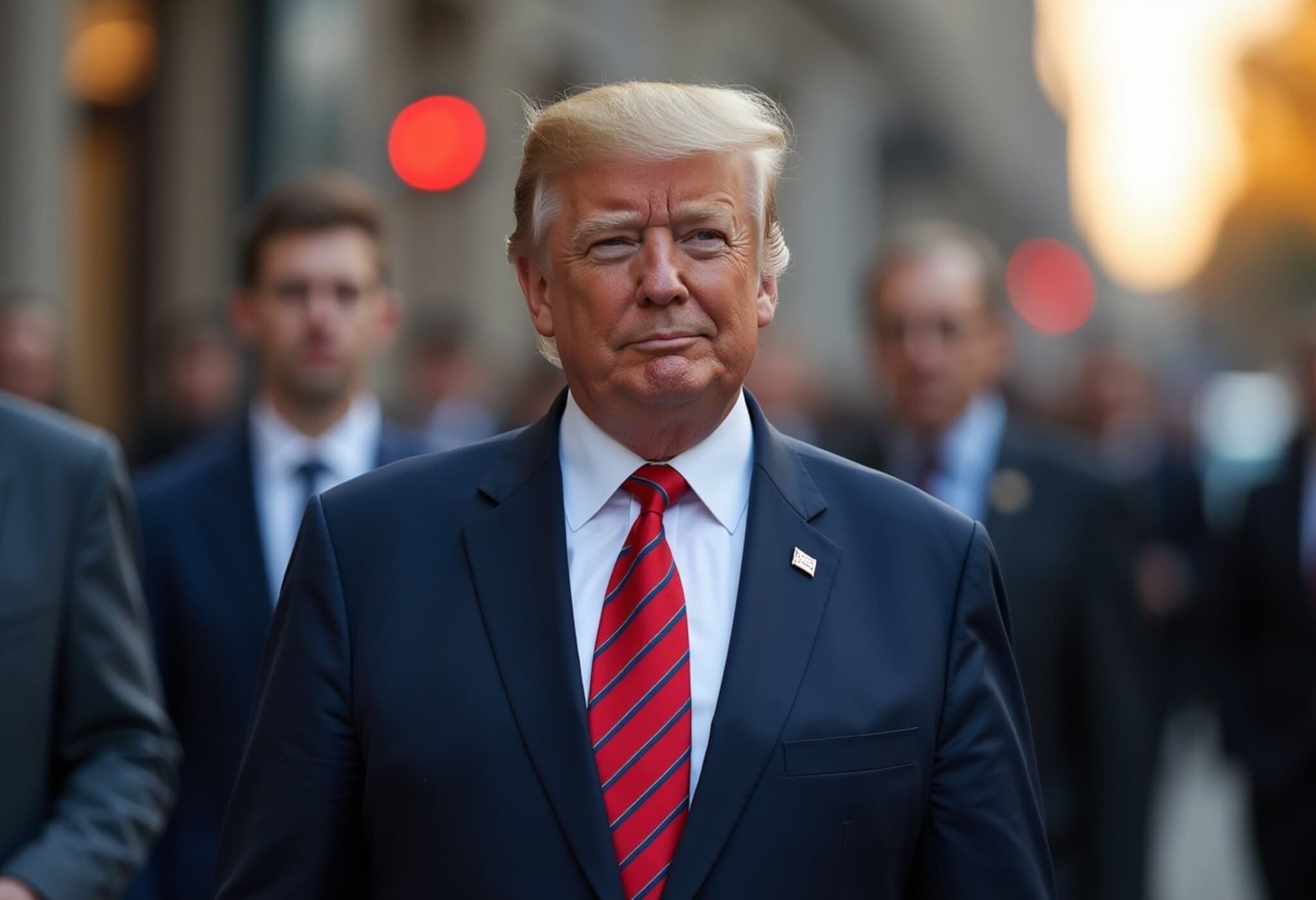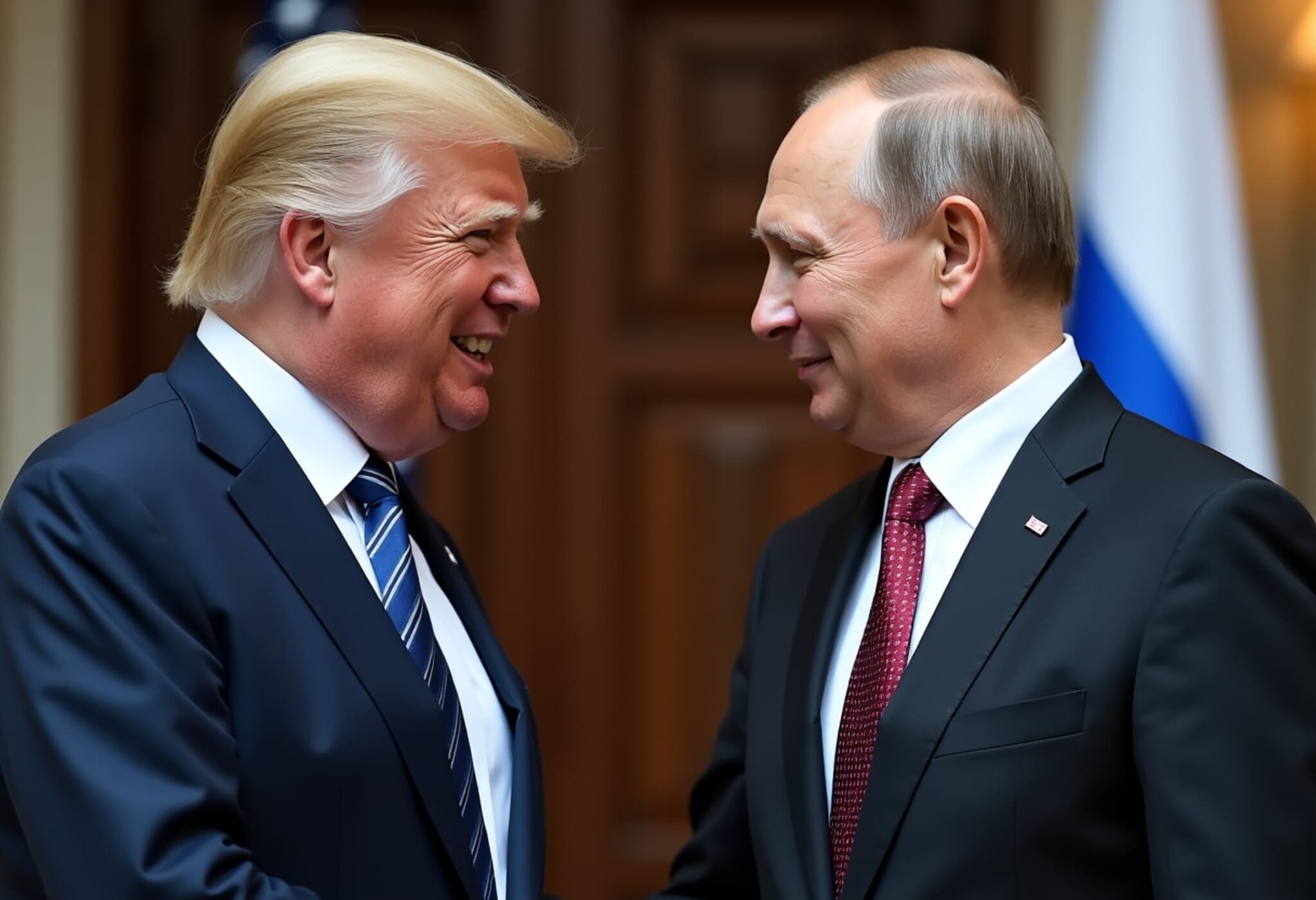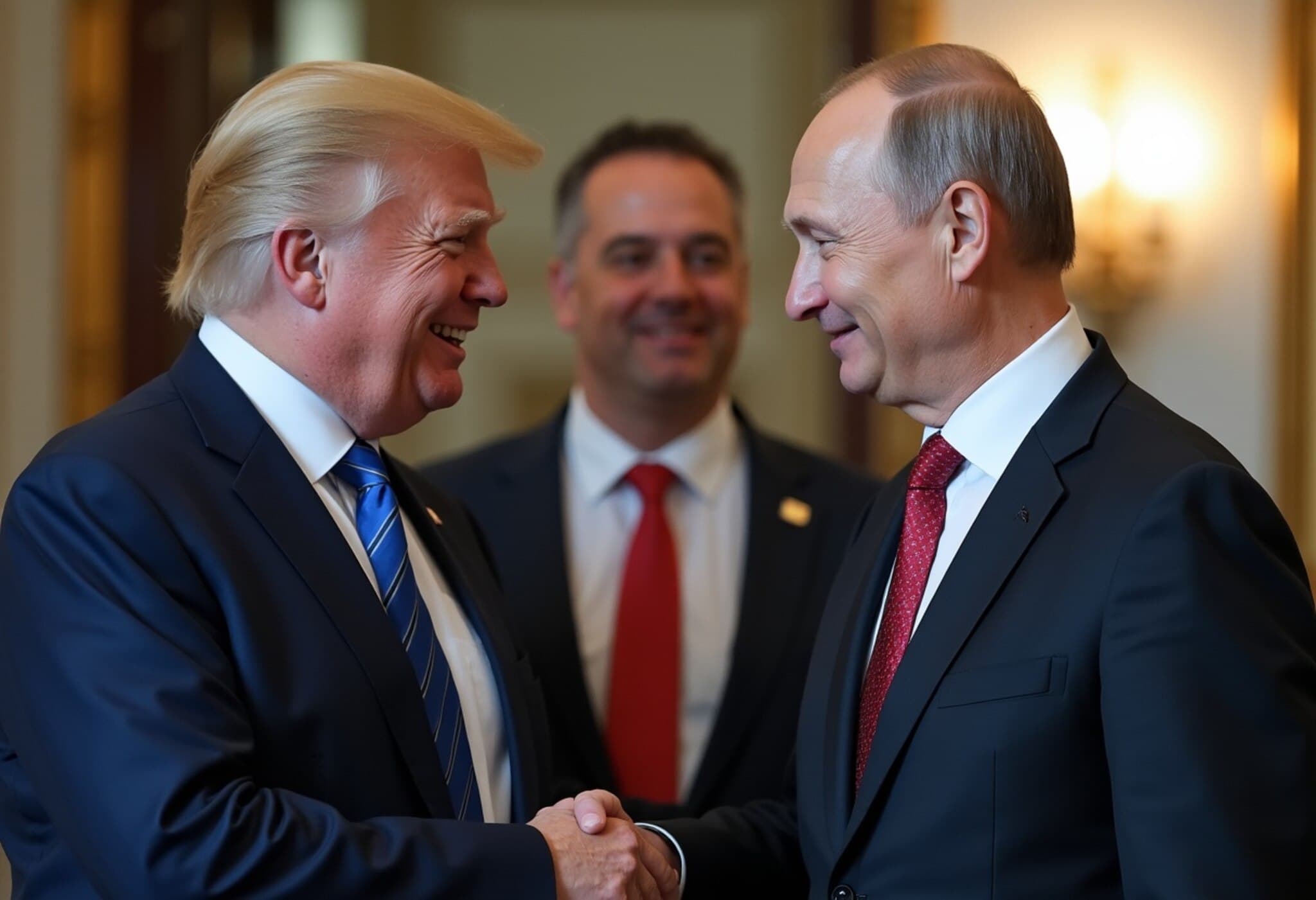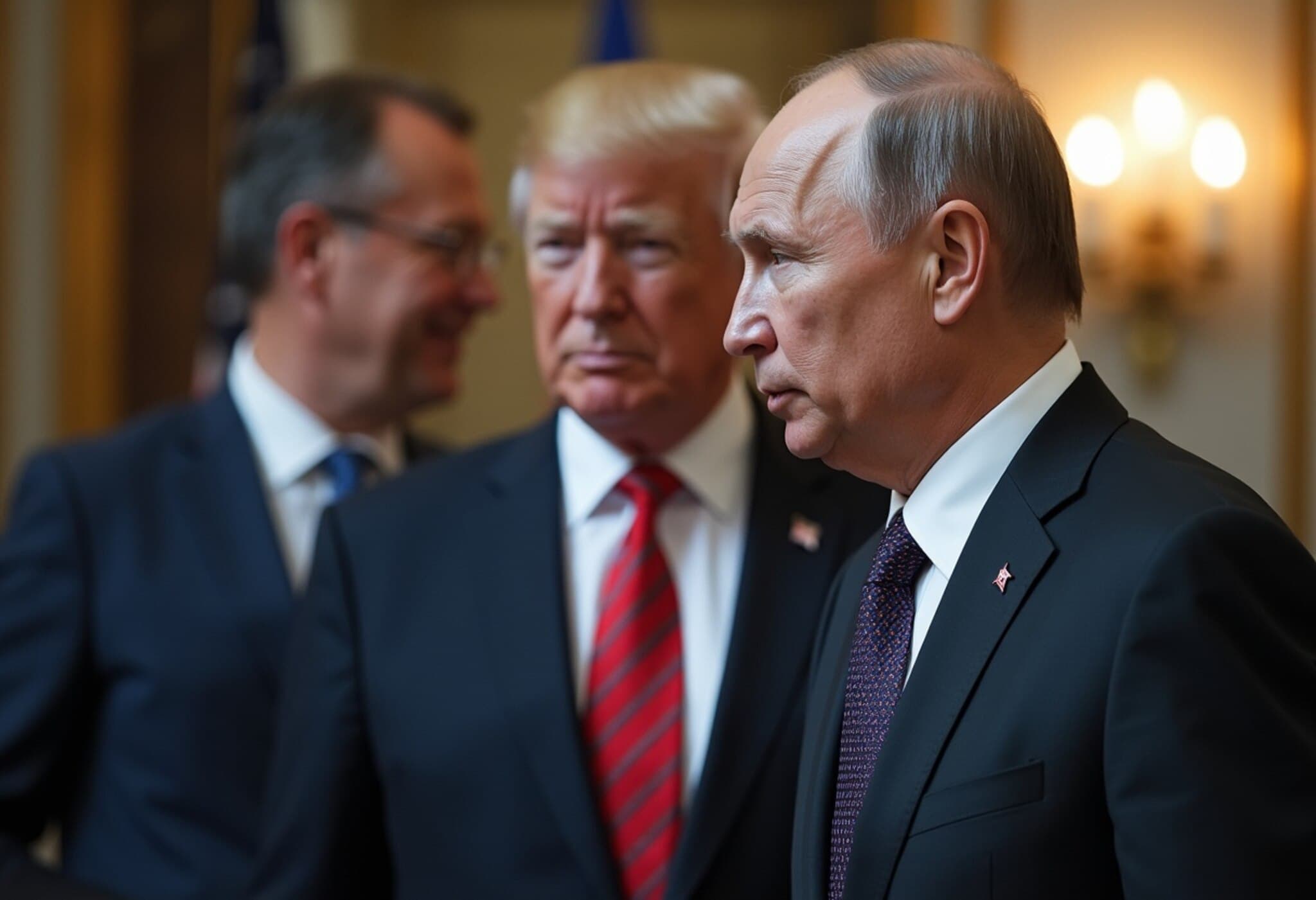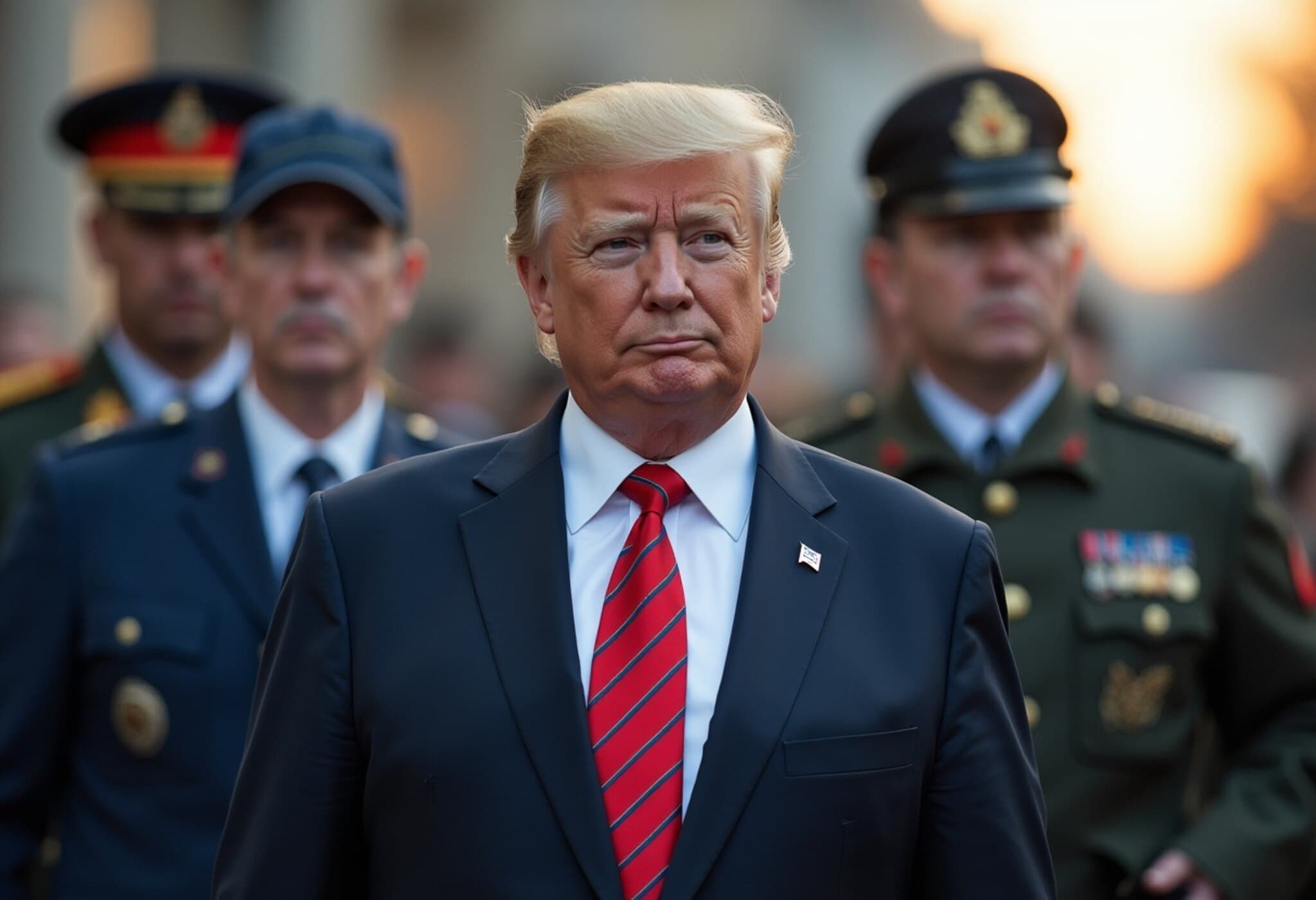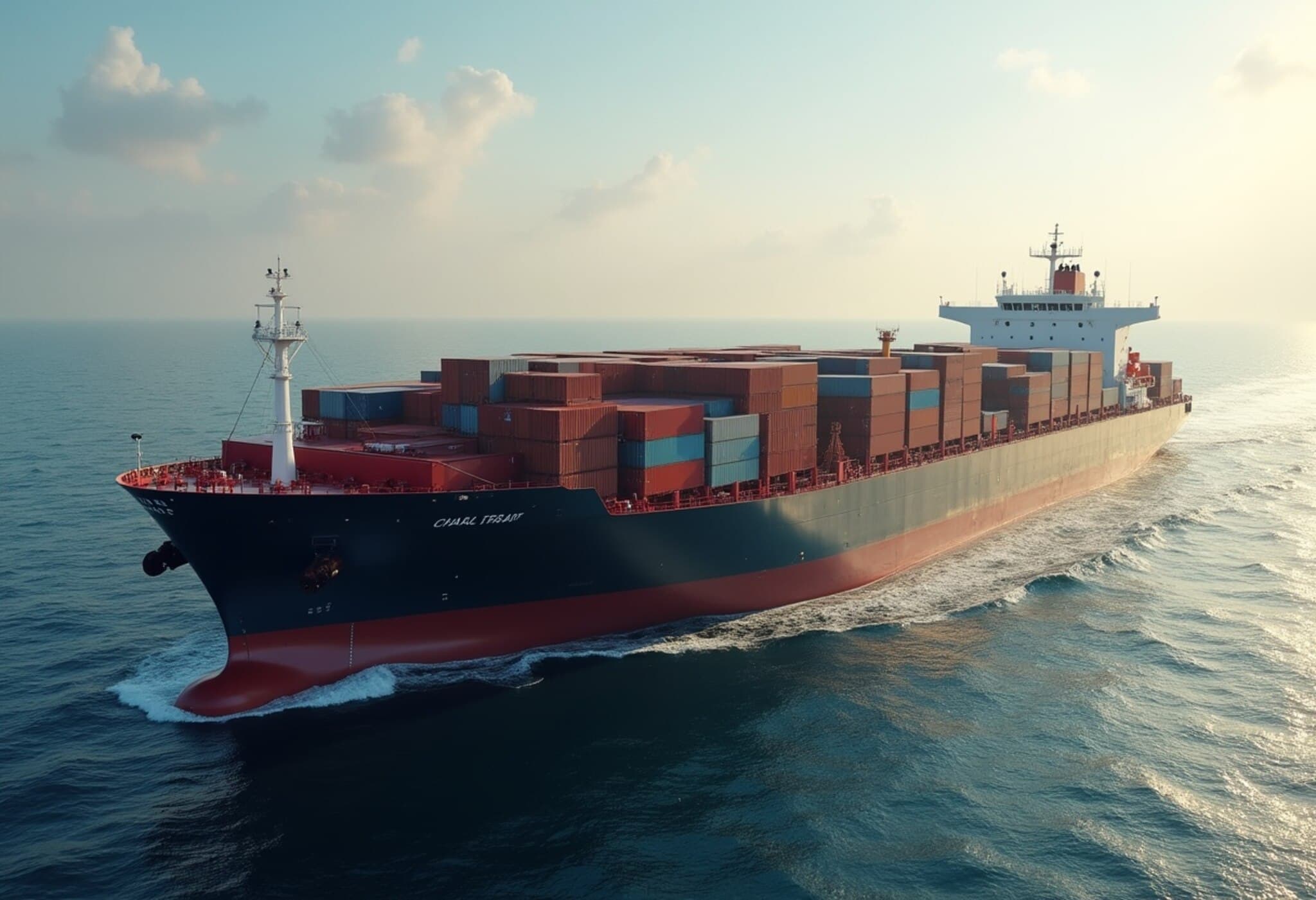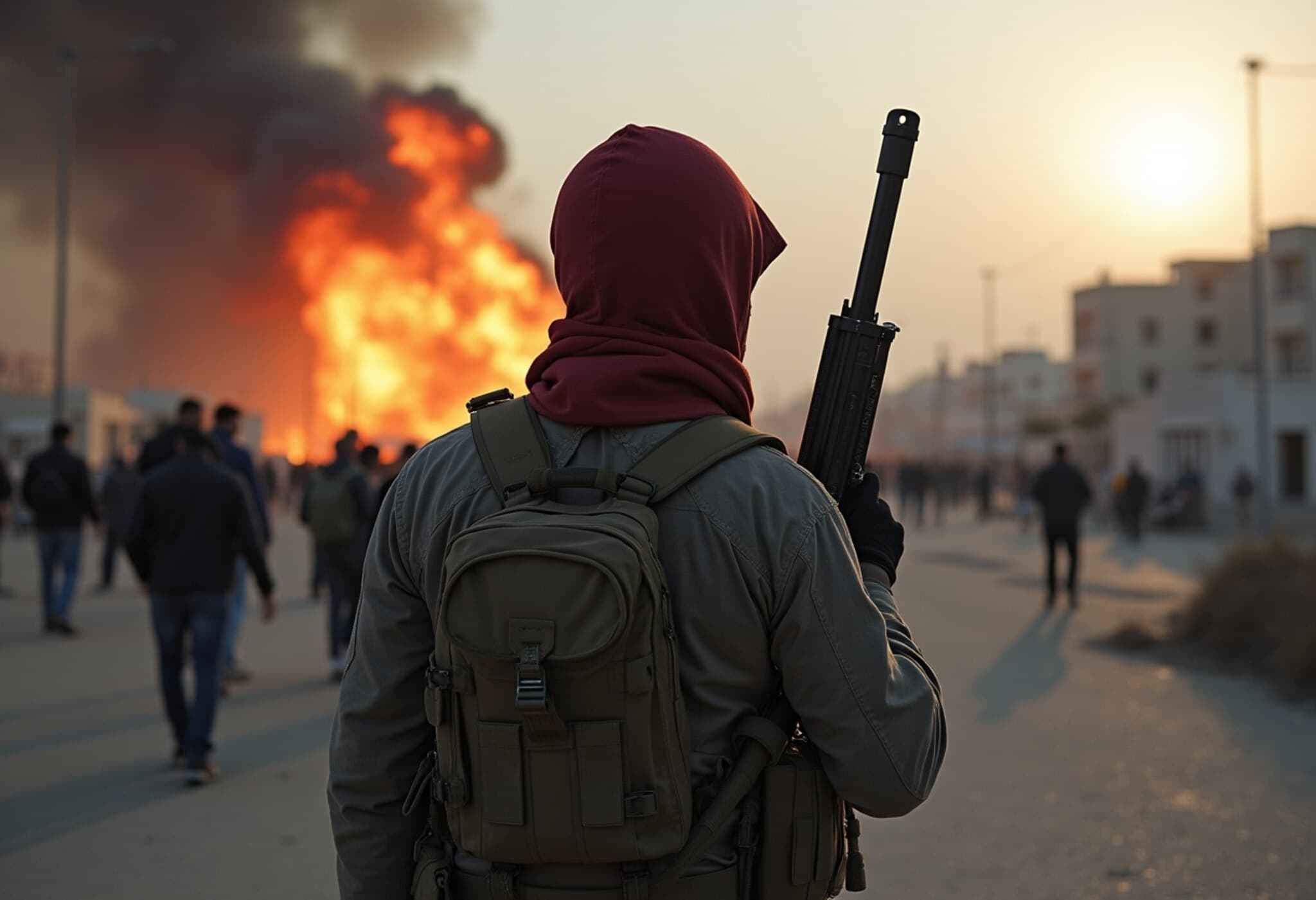EU Leaders Appeal to Trump for Europe’s Security Ahead of Russia Summit
As the conflict in Ukraine stretches into its fourth year, European Union leaders found themselves urgently appealing to U.S. President Donald Trump to safeguard Europe’s security interests before his pivotal meeting with Russian President Vladimir Putin. The summit, scheduled for Friday in Alaska, has sparked anxiety among European nations and Ukraine alike, as both fear being excluded from talks that could reshape the continent’s future.
The Stakes of an Excluded Europe
European leaders are increasingly concerned about their marginalization in a peace dialogue orchestrated primarily by the U.S. and Russia. Despite being at the frontline of the ongoing war's fallout, the EU and even Ukraine’s own participation remain uncertain. President Trump’s stated willingness to explore possible territorial concessions between Ukraine and Russia has alarmed European governments, who worry about concessions being offered without their input or Ukraine’s agreement.
Trump’s Controversial Position on Territorial Swaps
President Trump has suggested that Ukraine might need to cede some Russian-held territories in exchange for peace, a notion starkly at odds with Ukraine’s firm stance against relinquishing land as part of a ceasefire. Russia currently holds tenuous control over four Ukrainian regions, and Europe fears that any territorial compromises could embolden Putin to pursue further aggression.
Trump’s comments have also unsettled European allies due to his unusually conciliatory tone toward Putin, a leader widely viewed in Europe as a strategic adversary and aggressor. This diplomatic posture contrasts sharply with the more critical and unified Western approach since the war's outbreak.
Unwavering Ukrainian Resolve and European Unity
Ukrainian President Volodymyr Zelensky has rejected any suggestion that land must be sacrificed for peace, reiterating Ukraine’s commitment to uphold its sovereignty and territorial integrity. European Union leaders echo this sentiment in a joint statement affirming that any peace must respect international law, emphasizing the sanctity of borders and the illegality of forcible territorial changes.
The statement, issued on Tuesday, welcomed U.S. efforts to end the conflict but emphasized that “the path to peace in Ukraine cannot be decided without Ukraine.” Despite the collective stance, Hungary’s Prime Minister Viktor Orbán, known as Putin’s closest ally within the EU and a frequent blocker of support for Ukraine, notably withheld his endorsement, highlighting fractures within European unity.
Historical Ironies and Diplomatic Maneuvering Ahead
The setting for the summit—a remote location in Alaska—invokes a striking historical irony. Once a Russian territory sold to the U.S. in 1867, Alaska symbolizes centuries of shifting geopolitical landscapes, underscoring the complexity of today’s Russia-West relations.
Looking ahead, German Chancellor Friedrich Merz plans to convene virtual meetings on Wednesday aimed at swaying President Trump to uphold support for Ukraine and European security. Trump’s hesitancy to confirm participation reflects the unpredictable nature of U.S. diplomacy under his leadership.
Expert Insight: Why Europe’s Exclusion is Risky
From a geopolitical standpoint, excluding key stakeholders like the EU and Ukraine from peace negotiations risks legitimizing outcomes that disregard the immediate security concerns of those most affected. European analysts warn that any peace deal forced upon Ukraine without its consent may sow the seeds of future conflicts or instability, undermining long-term regional security.
Moreover, the situation raises critical questions about U.S. foreign policy consistency and its implications for transatlantic alliances. Can Europe trust a peace process led by a U.S. administration that appears to prioritize a brokered deal over alliance solidarity and the principles of sovereignty?
Conclusion: A Pivotal Moment for Ukraine and Europe’s Security
As the G-20 summit brings Trump and Putin face-to-face, the international community watches closely. The outcomes of these negotiations could redefine Europe's geopolitical landscape, either reinforcing the rule of international law or risking concessions that compromise Ukraine’s sovereignty and European security.
Editor’s Note:
The unfolding diplomacy underscores the fragile balance between realpolitik and principled support for sovereignty and international law. As the world hopes for peace, the critical question remains: Can lasting security in Europe be achieved without the active participation and consent of Ukraine and its European neighbors? The response will shape not only the fate of Ukraine but the future of transatlantic relations for years to come.

